Planetary Boundaries Framework
Scientists define environmental limits within which humanity can continue to thrive on earth.


Scientists define environmental limits within which humanity can continue to thrive on earth.
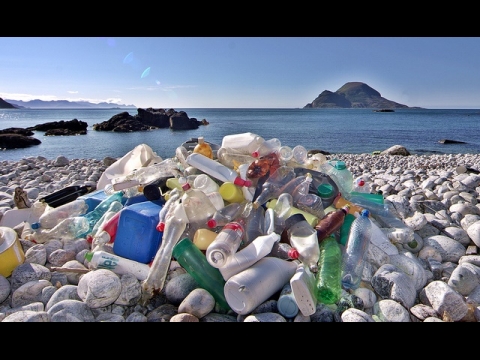
Middle income countries with underdeveloped waste-management infrastructures contribute disproportionately to plastic debris that ends up in the ocean.
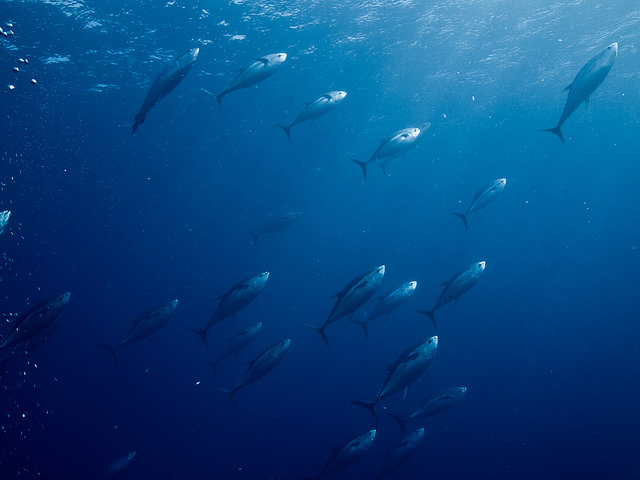
A roundup of science news stories including making ethanol from nitrogen out of thin air, and an uptick in mercury levels in tuna.
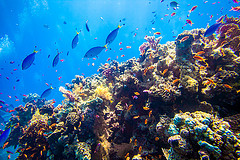
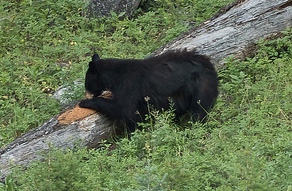
A roundup of some of this week’s most interesting science news, including key genetics variants related to brain size and psychiatric disorders, leaky methane in Boston pipelines, and the genetics of longevity.
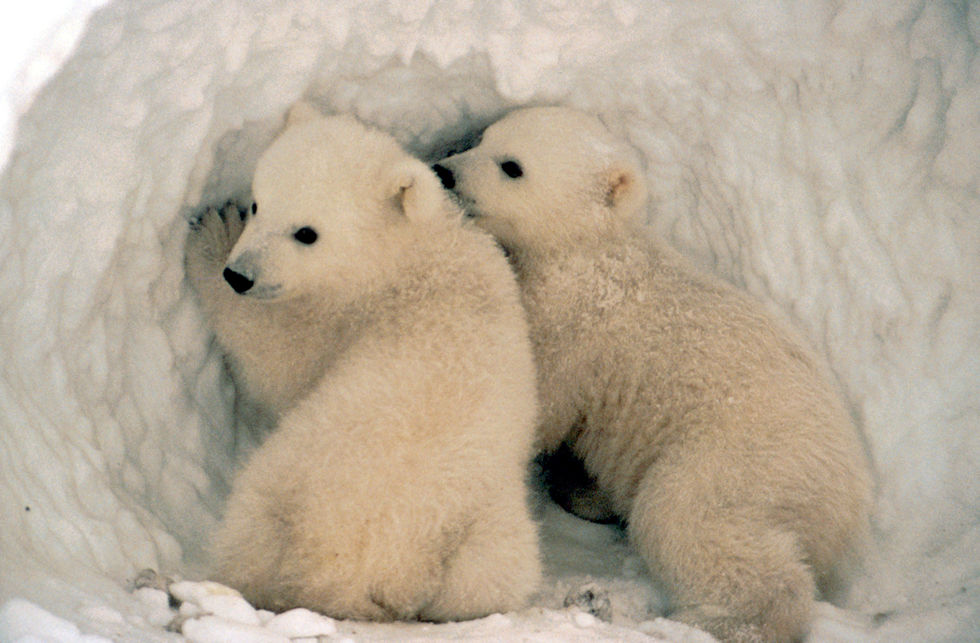
Melting sea ice is has resulted in a recent northward shift in polar bear genes.
2014 Science Breakthroughs of the Year: The rise of the pint-sized satellite.

Scientists are getting a better handle on how much plastic we put into the oceans, and what effects it’s having.
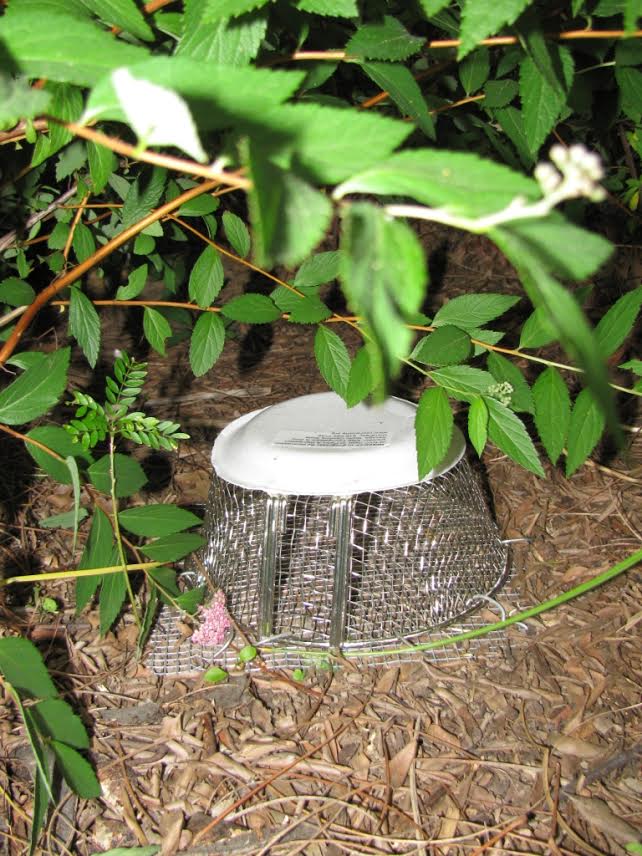
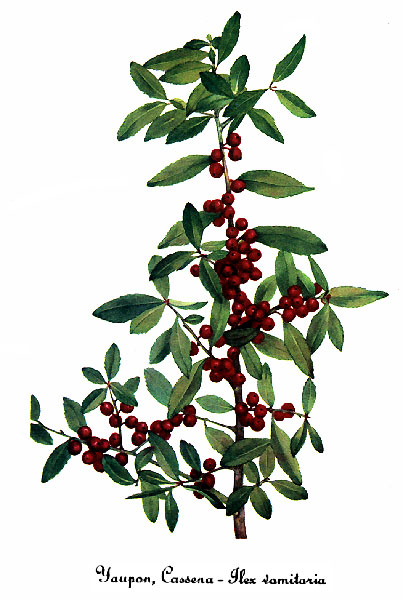
Scientists are using the science of computer vision to document climate change in the Rocky Mountains.

Even common birds are showing declines in this year’s State of the Birds report.
Saving degraded coral reefs may be difficult, because juvenile corals and fish won't return to them.

Engineers are creating highly efficient solar cells from recycled lead-acid car batteries.

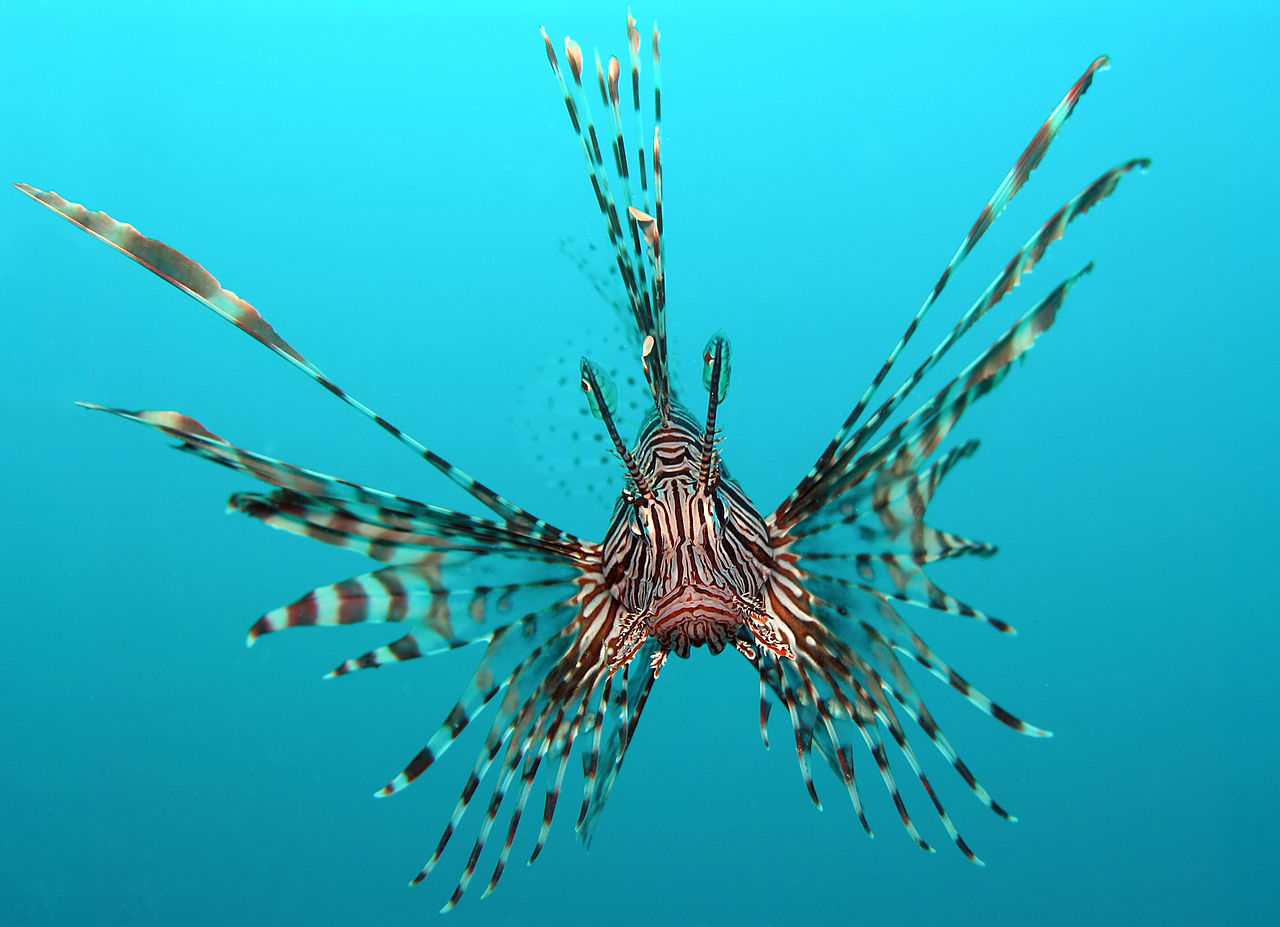
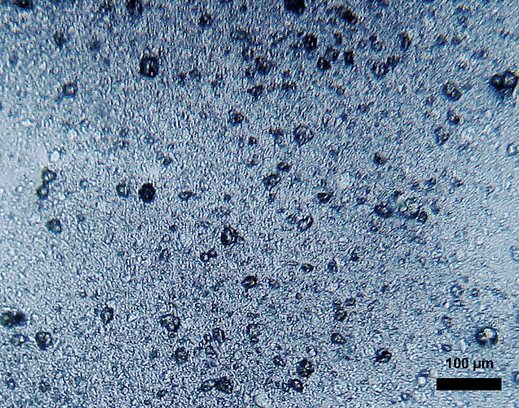

Hawaii’s birds face multiple threats, but one small thrush on the island of Kaua’i is a success story – so far.
